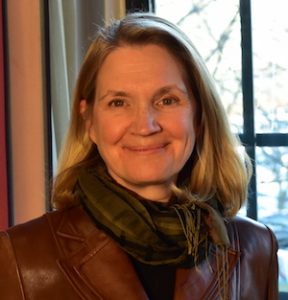“Look out! I’m the coronavirus and I’m going to kill you!” exclaimed a second-grade boy as classmates rounded the final staircase banister. His hands raised high, curled in monster-like claws, the 7-year-old roared as his feet picked up pace and he chased his peers from the school stairway into the warm outdoor air that mid-March afternoon in 2020. His peers shrieked in delight and took off running in all directions across the primary school’s outdoor play yard in Toronto, Ontario, Canada.
The following evening, I recounted this moment of play to the students enrolled in the graduate course I taught on elementary literacy. Most of the students were classroom teachers. While some laughed in surprise, others shared that “Corona Tag” had become a popular game in the weeks leading up to school closures due to the COVID-19 pandemic. Soon, our graduate classroom was abuzz with stories about the play of kindergarten children related to COVID-19 alongside descriptions of intermediate learners’ curiosities about the virus.

